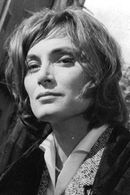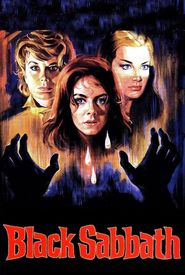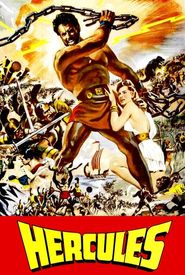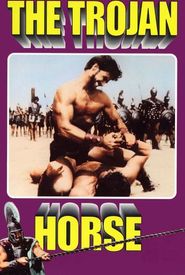Lydia Alfonsi, a renowned Italian actress, was born to a well-to-do middle-class family in Parma. Prior to pursuing a career in the performing arts, she briefly trained in accountancy. However, her true calling was the stage, and she soon joined student amateur theatrical troupes, where she gained valuable experience and exposure.
One of her earliest notable performances was in Luigi Pirandello's play "Gli amici della prose," which earned her a best actress competition in Pesaro. Her impressive portrayal caught the attention of Anton Giulio Bragaglia, a prominent director, who subsequently invited her to join his company. This marked her professional theatrical debut in 1946.
Throughout the 1950s, Alfonsi continued to hone her craft, both on stage and screen. She wrote and recited poetry, worked in radio as a voice actress, and appeared in a range of films, including peplum and swashbuckler classics like "Hercules" (1958),"Morgan the Pirate" (1960),and "The Trojan Horse" (1961),starring the iconic muscleman Steve Reeves.
Alfonsi's versatility and talent also led her to collaborate with legendary actors, such as Boris Karloff, in Mario Bava's atmospheric thriller "Black Sabbath" (1963). Her character's untimely demise at the hands of Milo Quesada added an eerie layer to the film.
In the 1970s, Alfonsi continued to take on challenging roles, including the titular character in the film "Lady Dynamite" (1973),where she portrayed a Sicilian heroine exacting vendetta against the local Mafia don responsible for her husband's murder.
For television, Alfonsi essayed the ill-fated 18th-century aristocrat Luisa Sanfelice in a seven-episode miniseries. Her impressive range and dedication to her craft earned her recognition, including being named a Grand Officer of the Italian Republic by then-president Alessandro Pertini.
Alfonsi eventually retired from screen acting in 1997, leaving behind a legacy as one of Italy's most beloved and accomplished actresses.

























